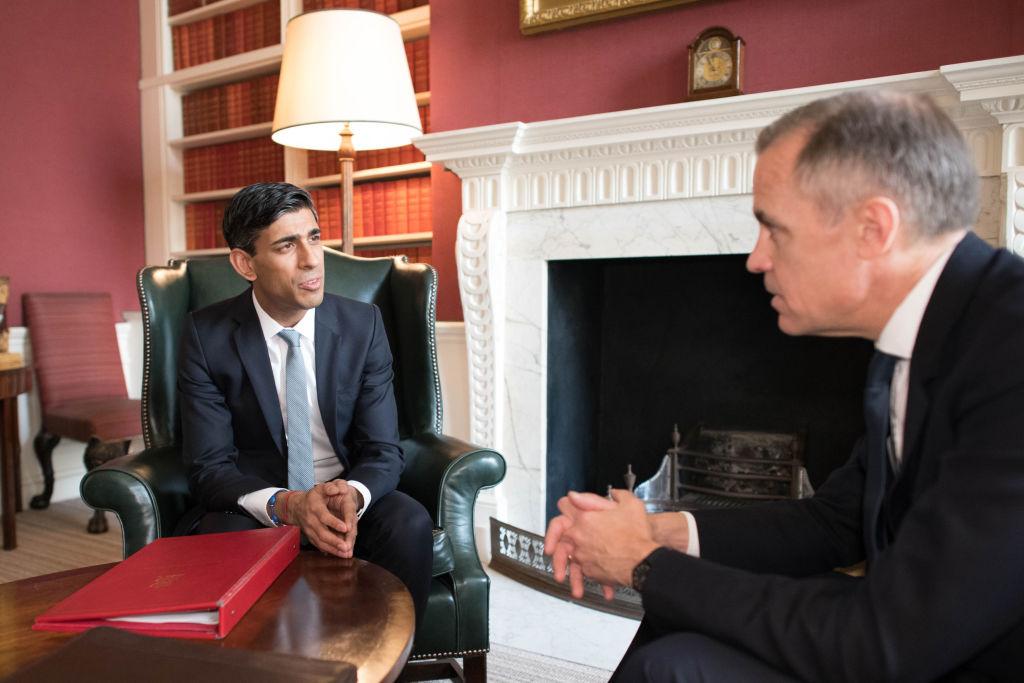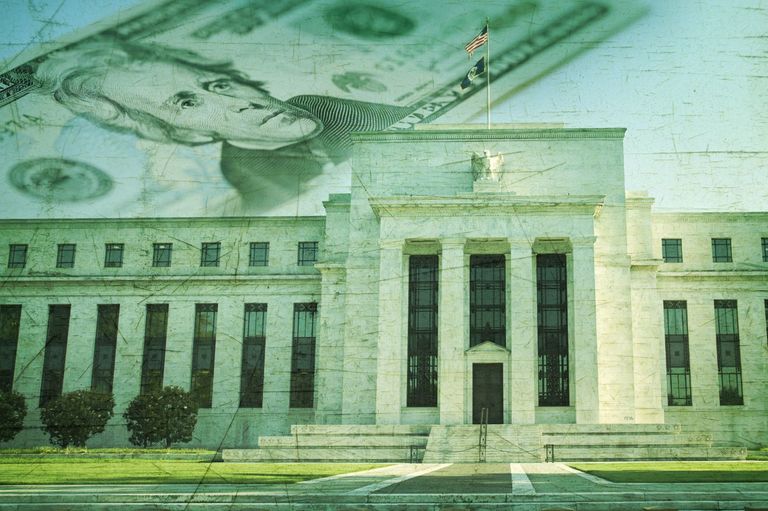Earlier today the Bank of England gave us a foretaste of what to expect from today’s Budget, when they slashed interest rates by 50bp back to the levels they were just after the Brexit referendum at 0.25%.
This wasn’t the key component of this morning’s announcement; it was the decision to roll out a new term funding scheme, with terms of up to four years, with a particular focus on SMEs. The amount could well be in excess of £100bn, given previous experience of the 2016 term funding scheme which was launched in the aftermath of the Brexit referendum.
At a time when monetary policy and fiscal policy responses have never been less coordinated, this first pillar of a policy response raised expectations that finally governments and central banks were finally starting to work together to deal with a crisis that neither party can dodge.
Most economic shocks usually have fairly predictable consequences, however this coronavirus has completely changed the economic landscape as well as the political mood around the politics of balancing the books.
Today’s Budget by Chancellor of the Exchequer Rishi Sunak appears to have upended decades of Conservative orthodoxy, and in the process shot Labour's fox, in terms of a significant fiscal expansion, as well as some extraordinary measures to mitigate the worst effects of the economic impacts of the coronavirus.
The government pledged to invest £600bn over the next five years, and £30bn for this year alone, with significant boosts for the NHS, which was promised whatever it takes to deal with the virus outbreak.
Business rates will be abolished for the leisure and retail sector for this year, which is good news for hotel chains and cinemas, as well as retailers with large store footprints.
The chancellor also announced the freezing of beer, wine and spirit duties, as well as a freeze in fuel duty, which is good news for consumers in light of recent sharp falls in oil prices. The tax on digital subscriptions or the “reading tax” as it was known has also been scrapped, which means my FT subscription is likely to be cheaper next time around.
Other measures included £2bn in cash grants for 700,000 small businesses and the introduction of a coronavirus business interruption loan scheme, while companies with less than 250 employees the government would cover the first 14 days of absences, with statutory sick pay paid to all those who self-isolate whether they are showing symptoms or not.
There was some new taxes on plastic packaging while the chancellor also pledged to raise the levy on gas from April 2022, while freezing levies on electricity. For all those on gas central heating it's likely to mean a significant increase in costs.
The chancellor also pledged new money for R&D, up to £22bn , while pledging money for potholes and roads including the A303 Stonehenge tunnel, as well as a number of other infrastructure projects in northern areas of England which were instrumental in their election win at the end of last year.
There are justifiable concerns about how much this is all likely to cost, but with 30-year gilt yields at 0.63% it’s never been cheaper for the government to borrow for long-term sustainable infrastructure projects. For a comparison, in 2011 the yield on 30-year gilts was over 4%.
Market reaction has been somewhat limited across the board. 10 and 30-year gilt yields have rallied somewhat over the past two days, while 2-year gilts yields have slipped back. The pound has barely moved, while on the companies front there has been little movement there either. Housebuilders are lower on the day after starting the day on the front foot, while there has been little movement in any other areas.
Cineworld, which should benefit from the suspension of business rates, is still sharply lower, down near seven-year lows, on the back of a downgrade from RBC over concern about its ability to finance its debt levels. RBC also downgraded Wagamamas owner Restaurant Group, which has also remained near its lows of the day.
In terms of the overall winners and losers in this Budget, there’s something for everyone in terms of giveaways and help for business, but with the economic impact of coronavirus so difficult to measure in terms of timeframe, its very much a case of every little helps. It also doesn’t make the economic outlook any easier to measure in terms of investability.
As a joined-up response to the coronavirus, it appears to strike the right balance, however it remains to be seen whether it will work.
Disclaimer: CMC Markets is an execution-only service provider. The material (whether or not it states any opinions) is for general information purposes only, and does not take into account your personal circumstances or objectives. Nothing in this material is (or should be considered to be) financial, investment or other advice on which reliance should be placed. No opinion given in the material constitutes a recommendation by CMC Markets or the author that any particular investment, security, transaction or investment strategy is suitable for any specific person. The material has not been prepared in accordance with legal requirements designed to promote the independence of investment research. Although we are not specifically prevented from dealing before providing this material, we do not seek to take advantage of the material prior to its dissemination.







